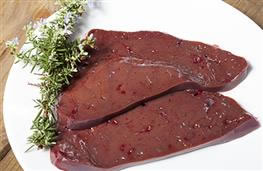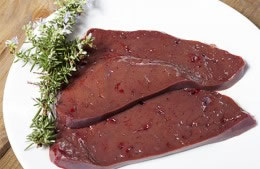Copper
Health benefits of Copper:
Protects your cells from damaging free radicals and contributes to your energy creation, immune system and nervous system
The Worlds Science
See the bottom of this page for the ingredients highest in copper
What is copper?
Copper is an essential element vital for many aspects of human health.
Why does it matter to me?
What is copper?
Copper is an essential element vital for many aspects of human health.
Why does it matter to me?
- Copper is a vital component of enzymes that are essential for the oxygen-dependent production of cellular energy1.
- Copper is also vital to the production of haemoglobin which is the protein that enables red blood cells to transport oxygen to the cells of the body. Therefore, copper deficiency is associated with anaemia and reduced energy levels2.
- Copper is a powerful ‘antioxidant’ which means that it may be able to reduce the damage that free radicals cause to cells. Free radicals such as reactive oxygen species (ROS) can cause damage to the cells of the body. They do this by disrupting the structure of important molecules such as DNA, proteins and fats3.
- Copper is involved in the formation and maintenance of healthy bones4 and ‘connective tissue’ which is found in between the other tissues present elsewhere in the body, including the nervous system5.
- Copper is important for the function of the nervous system. An imbalance of copper metabolism has been implicated in several serious neurological diseases and mental health conditions.
What happens if I don’t get enough?
Parkinson’s Disease
Parkinson’s disease (PD) is one of the most common diseases associated with ageing6. Although copper is not the only element implicated in the development of PD it is, together with iron, the most prominent.
The latest research suggests that low levels of copper in the blood may be associated with the development of PD8.
Parkinson’s disease (PD) is one of the most common diseases associated with ageing6. Although copper is not the only element implicated in the development of PD it is, together with iron, the most prominent.
The latest research suggests that low levels of copper in the blood may be associated with the development of PD8.
Cardiovascular Disease
The link between copper and cardiovascular health is well established. Many prospective studies have revealed an association between abnormally low blood copper levels and the likelihood of suffering from conditions such as atherosclerosis (hardened arteries)11.
Immune System
Copper may be important for the function of the immune system. Copper deficiency has been associated with a low white blood cell count in humans which might increase the risk of infection.
However, at present the impact of copper on the immune system has only been observed in people who have serious copper deficiency e.g. those who have had bariatric (gastric bypass) surgery.12
Cancer
The role of copper in the growth and spread of many different types of cancer has been studied extensively. In most of these studies a breakdown in the body’s ability to control the levels of copper in the blood, tissues and in the tumours themselves, has been observed13.
What if I have too much?
Alzheimer’s Disease
Alzheimer’s disease (AD) is the most common and one of the most severe forms of dementia6.
It has long been thought that copper plays a role in the development of mild cognitive impairment (MCI) which often occurs before AD.
Many comprehensive studies have shown a link between high levels of copper in the blood and the parts of the brain that are damaged in AD
The biology is complex but what is clear is that obtaining the correct level of copper from our diet may reduce the risk of developing AD7.
Depression
Depression is one of the most debilitating mental health conditions. It is also by far the world’s most common9.
Research investigating the link between copper and depression is only about twenty years old. However, some firm conclusions are now beginning to emerge which demonstrate a clear link between the two.
For example, the most recent and most thorough systematic review of the data suggests that increased levels of copper in the blood might be associated with depressive disorders10.
This shows how important it is to obtain an appropriate amount of copper from dietary sources.
Alzheimer’s Disease
Alzheimer’s disease (AD) is the most common and one of the most severe forms of dementia6.
It has long been thought that copper plays a role in the development of mild cognitive impairment (MCI) which often occurs before AD.
Many comprehensive studies have shown a link between high levels of copper in the blood and the parts of the brain that are damaged in AD
The biology is complex but what is clear is that obtaining the correct level of copper from our diet may reduce the risk of developing AD7.
Depression
Depression is one of the most debilitating mental health conditions. It is also by far the world’s most common9.
Research investigating the link between copper and depression is only about twenty years old. However, some firm conclusions are now beginning to emerge which demonstrate a clear link between the two.
For example, the most recent and most thorough systematic review of the data suggests that increased levels of copper in the blood might be associated with depressive disorders10.
This shows how important it is to obtain an appropriate amount of copper from dietary sources.
Review date: 1/12/2024
Next review date: 1/10/2025
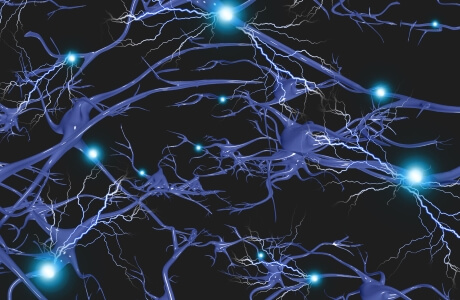
291
445
https://www.checkyourfood.com/content/blob/Micronutrients/top-foods-for-Copper.jpg
Top 6 ingredients for Copper taking into account portion size and cooking retention factors
Filter ingredients by:

 About nutrients
About nutrients
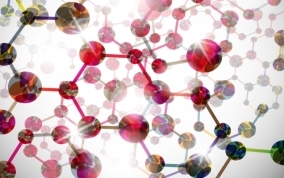 All nutrients
All nutrients
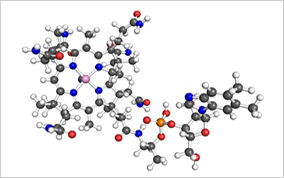 vitamins
vitamins
 minerals
minerals
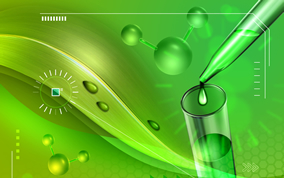 phytochemicals
phytochemicals
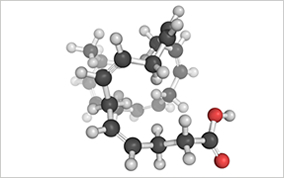 fatty acids
fatty acids
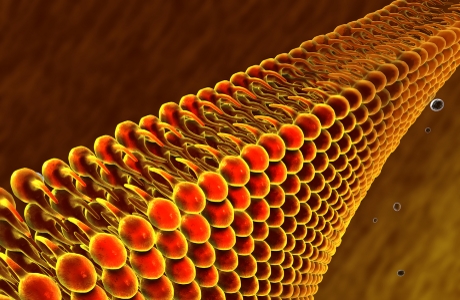 macronutrients
macronutrients
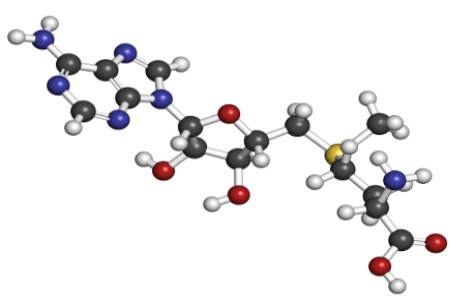 amino acids
amino acids
